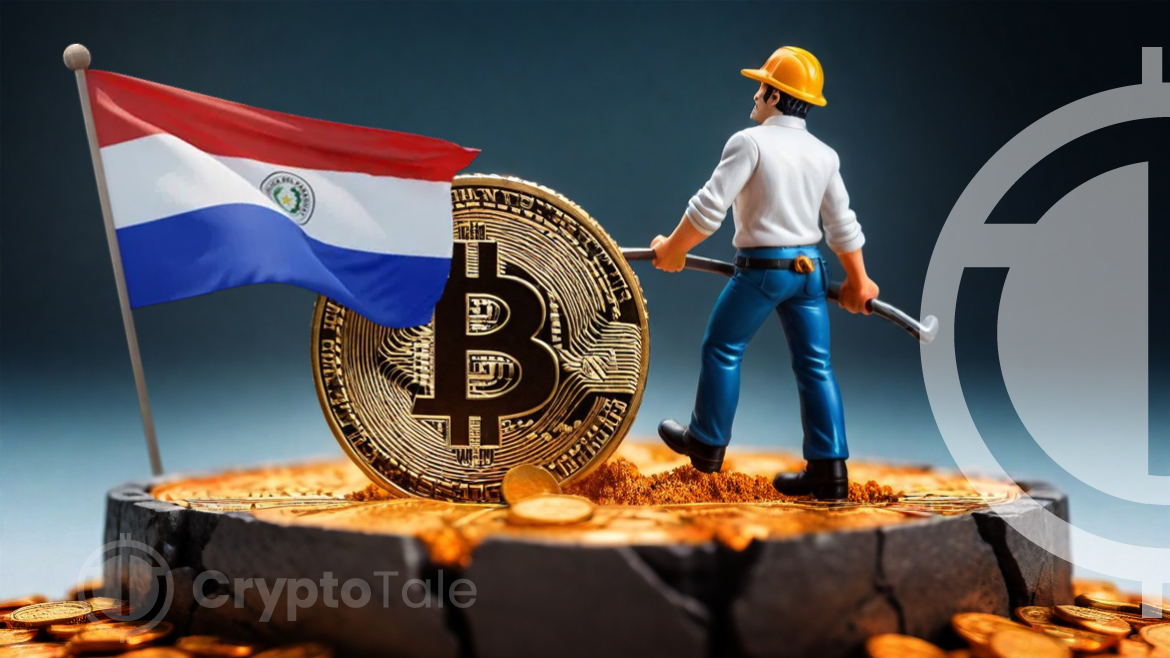- The Paraguayan Senate is reconsidering a ban on BTC mining, exploring the financial benefits of using surplus hydropower energy for mining operations.
- A public hearing on April 23 will discuss the advantages and disadvantages of Bitcoin mining in Paraguay following a proposal for a temporary mining ban.
- Buzarquis advocates selling surplus electricity to BTC miners and projects significant revenue increases for the National Electricity Administration by 2025.
The Paraguayan Senate has paused the movement towards imposing a ban on cryptocurrency mining. This reconsideration emerged after a proposal was put forth last week to curtail cryptocurrency mining activities within the nation. The lawmakers are now exploring the potential financial benefits of channeling surplus energy produced by the country’s Itaipu hydropower plant towards cryptocurrency mining operations rather than continuing its sale at reduced rates to neighbouring countries Brazil and Argentina.
Senator Lilian Samaniego announced in a Senate session on April 10 that a public hearing scheduled for April 23 will delve into the pros and cons of allowing Bitcoin mining to flourish in Paraguay. This announcement follows a draft legislation on April 4 proposing a 180-day provisional ban on Bitcoin mining. The proposal cited concerns over illegal mining operations leeching off the national power grid and causing disturbances to the electricity supply across the country.
A declaration adopted by Paraguayan lawmakers on April 8, merely four days after the initial draft, appears to advance towards embracing local and international investments in cryptocurrency mining infrastructure. Senator Salyn Buzarquis, in a persuasive letter to Congress, underscored the economic upsides of selling surplus energy to Bitcoin miners, projecting a potential $48 million revenue for the National Electricity Administration (ANDE) by 2024, with expectations of a surge to $125 million by 2025 following the expansion of mining activities.
Buzarquis highlighted the economical production cost of electricity at the Itaipu hydropower plant, which stands at approximately $22 per megawatt-hour (MWh). A strategy where selling excess electricity to Bitcoin miners at $40/MWh could net ANDE a 45% profit margin. This arrangement could bolster the treasury by $17 million annually in value-added tax, averting a fiscal crisis for ANDE.
Furthermore, Buzarquis pointed out the comparative advantage over the current arrangement where Paraguay sells energy to Brazil at a substantially subsidized rate of $10/MWh. He emphasized the critical role this revenue stream could play in preventing ANDE’s bankruptcy, facilitating further investment in infrastructure without necessitating a rate hike for Paraguayan citizens. The senator also mentioned the additional benefit of creating employment opportunities in the local economy through cryptocurrency mining.
The ongoing debate takes on added significance in light of the approaching Bitcoin halving event scheduled for April 20. This event will reduce the mining reward, further influencing the dynamics of cryptocurrency mining in Paraguay. This development represents a pivotal moment for the country as it balances regulatory measures and the economic potential of embracing cryptocurrency mining.






